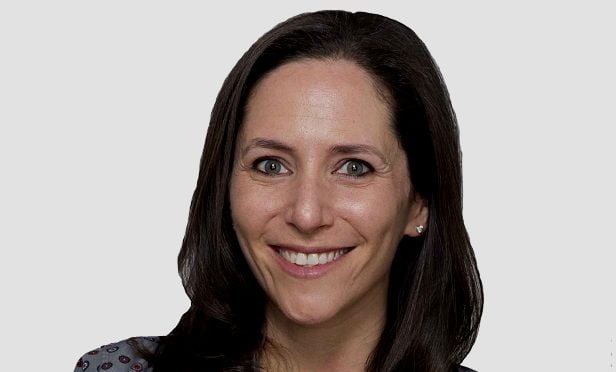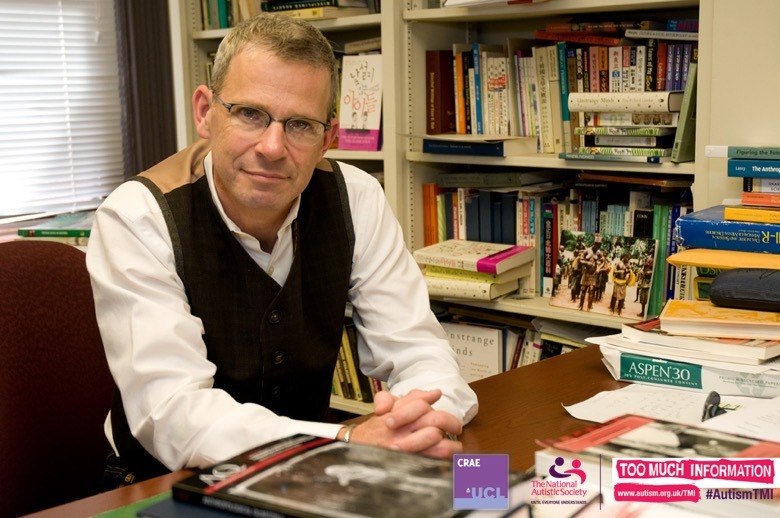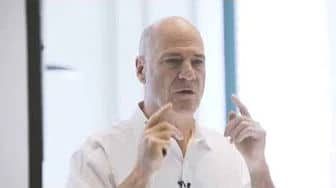EP 434 America is Unraveling Before Our Eyes
While the Trump era is over, there looms a great question as to whether America is in any position to resume a leadership role in the world. As past plagues and pandemics have revealed, the weaknesses of empires often is recognized well after their influence has peaked. Wade Davis, an anthropologist from the University of British Columbia, who holds citizenship in both the U.S. and Canada sat down to pen a piece on the fissures and vulnerabilties of America’s collective being only to see it become an on-line sensation when released on the ‘Rolling Stone’ website. He believes that the COVID pandemic will be remembered as a moment in history, as he calls it, ‘a seminal event whose significance will unfold only in the wake of the crisis’. What he sees, in his perceptive and clear eyed way, is an America unmoored by a social contract which anchors so many other democracies, causing great divisions and inequality within that will continue to challenge the place America has among nations. I asked my first question and then this brilliant professor took it from there. You may want to imagine yourself in one of the great classes you’ve ever taken and take notes.
Podcast: Play in new window | Download








